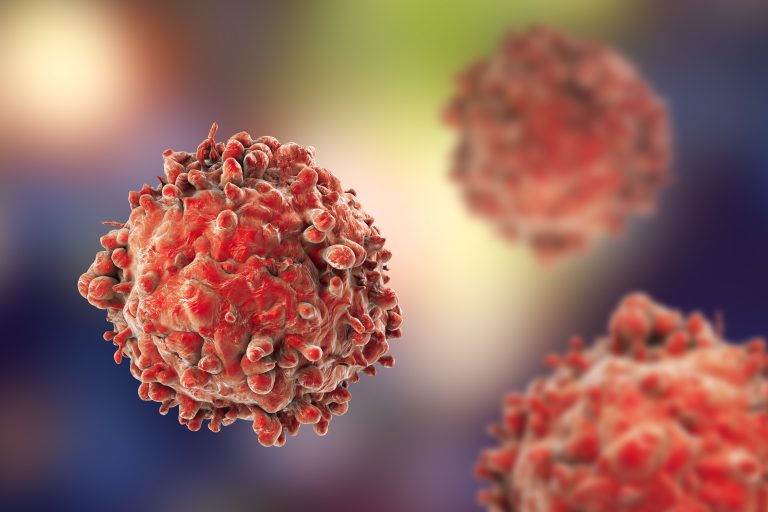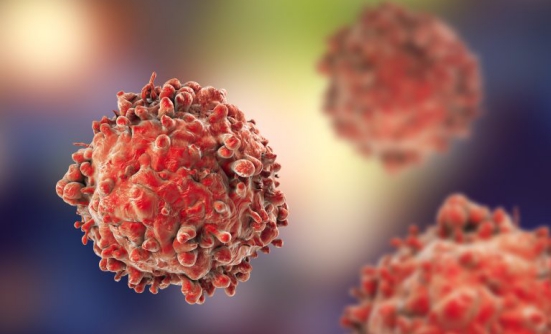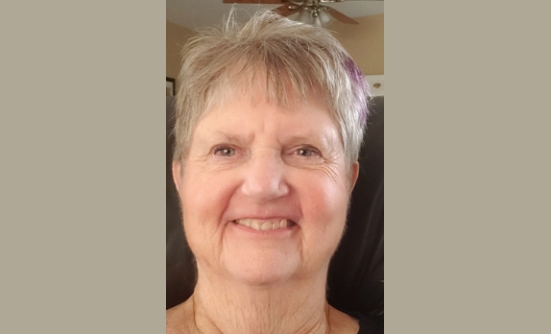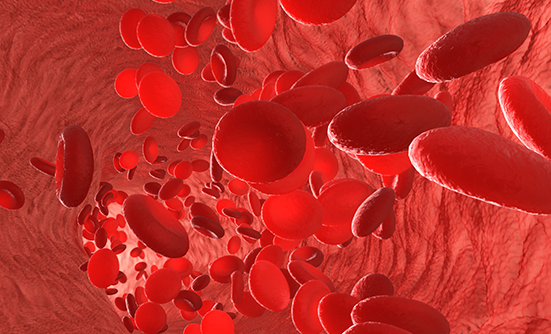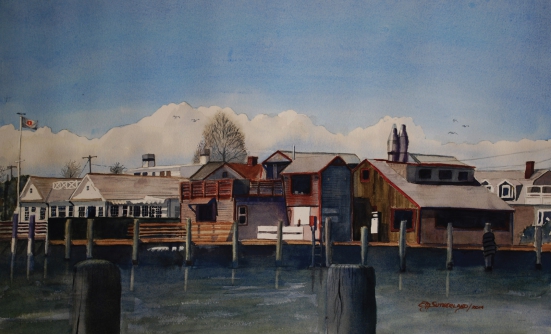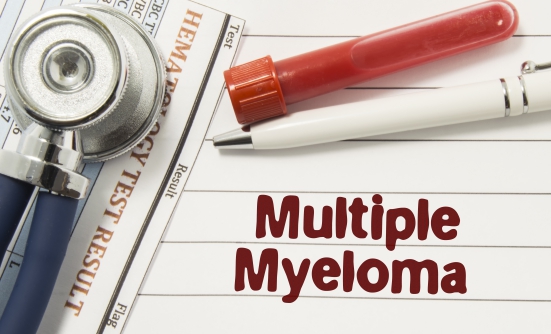Cell-based therapy is becoming an attractive option for the treatment of patients with relapsed (coming back) or refractory (does not respond to therapy) multiple myeloma who have received many therapies before.
According to data presented at the ASCO 2020 annual meeting, 2 CAR T-cell therapies, also known as gene therapies, have generated impressive responses that are sustainable for the long-term in patients with relapsed or refractory multiple myeloma.
In the first study, the pivotal KarMMa study, the experimental CAR T-cell therapy idecabtagene vicleucel (ide-cel) demonstrated frequent, deep, and long-term responses in patients with relapsed or refractory multiple myeloma who have received many therapies. In that study, the rate of overall response to the treatment was 73%, of which 33% were complete responses, meaning the patients had no detectable cancer.
In the second study, a phase 1/2 clinical trial, the second experimental CAR T-cell therapy orvacabtagene autoleucel (orva-cel) also was very active in a similar group of patients with relapsed or refractory multiple myeloma who have received many other treatments before. Overall, 92% of the patients had a response to orva-cel, and 68% of these responses were very good partial responses or better.
The investigators of these 2 studies called the results “highly encouraging” and said that both approaches represent potential new treatment options for patients with relapsed or refractory multiple myeloma, for whom there is no clear standard of care.
Idecabtagene Vicleucel
According to Nikhil C. Munshi, MD, Director of Basic and Correlative Science, Jerome Lipper Multiple Myeloma Center, Dana-Farber Cancer Institute, Boston, Massachusetts, for patients who have been exposed to a 3-drug regimen that includes a proteasome inhibitor, an immunomodulatory drug, and a monoclonal antibody, who have relapsed or refractory multiple myeloma, the prognosis (outlook) is especially poor, with an average time without disease progression (getting worse) of only 3 to 4 months.
Ide-cel is a B-cell maturation antigen (BCMA)-targeted CAR T-cell therapy that has been shown to have a good safety profile and is effective for patients with relapsed or refractory multiple myeloma. An earlier, phase 1 clinical trial demonstrated an overall response rate of 85%, and the duration of response to therapy was 10.9 months, said Dr. Munshi.
For this pivotal phase 2 clinical trial, patients with relapsed or refractory multiple myeloma who had received 3 or more lines of therapy—including immunomodulatory drugs, proteasome inhibitors, and monoclonal antibodies—were eligible to enroll in the study. Patients also had to have disease that did not respond to the last therapy. Of the 140 patients enrolled in the study, 128 received ide-cel.
“Both primary and secondary end points were met, with an overall response of 73% and complete response of 33%,” he pointed out. “At the target dose of 450 million cells, the overall response was 82%, and 39% of patients had a complete response.”
The average time to the first response to therapy was 1 month, and the average time to complete response was 2.8 months. The average follow-up was 13.3 months.
Furthermore, the responses were deep, said Dr. Munshi. He noted that 26% of the patients had no minimal residual disease, meaning there was no sign of cancer at all, and at the target dose, nearly 50% of the patients had no minimal residual disease.
“Clinical meaningful efficacy was observed across various subgroups,” Dr. Munshi said. “Responses occurred irrespective of age, high-risk cytogenetics, tumor burden, BCMA expression, and extramedullary disease.”
At the target dose level, the average duration of response was 11.3 months, and among patients who had a complete response, the duration of response improved to 19 months.
Similarly, the median time without disease progression increased with the depth of the response, from 12 months in the overall patient population to 20 months in patients achieving a complete response.
“Overall, ide-cel provides an attractive and excellent option for treatment of triple class–exposed multiple myeloma,” Dr. Munshi concluded.
Side Effects
Finally, the safety data showed manageable side effects. CAR T-cell therapies can lead to serious side effects. At the target dose level of ide-cel, 96% of patients had cytokine release syndrome, a serious side effect associated with CAR T-cell therapies, but most of these side effects were mild or moderate (grade 1 or 2).
Dr. Munshi noted that less than 6% of patients had serious (grade 3 or 4) cytokine release syndrome at the target dose levels. In addition, neurologic side effects, which are also common with CAR T-cell therapies, were limited and were low grade.
Other significant side effects involved cytopenia, with 91% of patients having neutropenia and 63% of patients having thrombocytopenia. Infections were also observed in 69% of patients and were not related to the dose.
In addition, 5 deaths were reported within 8 weeks of patients receiving the ide-cel infusion, including 2 patients who died after the multiple myeloma progressed and 3 who died from the treatment side effects.
Orvacabtagene Autoleucel
Sham Mailankody, MBBS, Medical Oncologist, Myeloma Service, Memorial Sloan Kettering Cancer Center, New York City, reported data from a phase 1/2 clinical trial of
orva-cel, a BCMA-directed CAR T-cell therapy for patients with relapsed or refractory multiple myeloma who have received many other treatments before.
“Orva-cel was highly active, with an overall response rate of 92% and a very good partial response or better in 68% of patients across the 3 highest dose levels tested,” said Dr. Mailankody.
Treatment with orva-cel led to robust expansion of the patient’s CAR T-cells at the 3 highest dose levels, and 84% of the responding patients who were able to be evaluated also had no minimal residual disease. Responses were observed even in patients with the highest levels of soluble BCMA at the beginning of the study, Dr. Mailankody said.
Finally, the safety profile of orva-cel was encouraging at all dose levels, said Dr. Mailankody, with few cases of serious (grade 3 or 4) side effects of cytokine release syndrome and neurologic side effects.
The study is continuing to enroll patients with relapsed or refractory multiple myeloma and includes a separate group for patients whose disease progressed after they received BCMA-directed therapies.





